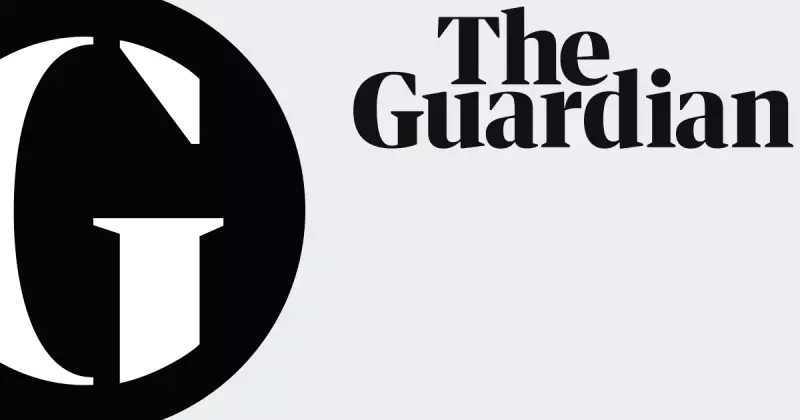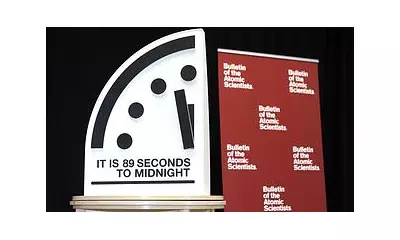
A profound transformation is reshaping the American Jewish landscape, creating divisions that cut deeper than ever before in the community's relationship with Israel. What was once near-universal support has fractured into competing visions of Jewish identity and political allegiance.
The Unravelling Consensus
For decades, American Jewish support for Israel represented a rare point of unity across religious and political spectrums. Major organisations like AIPAC spoke with one voice, championing Israel's cause in Washington corridors of power. Today, that consensus lies in tatters, replaced by increasingly public and bitter disagreements.
Historical Foundations Cracking
The roots of today's conflict stretch back to Israel's founding, when American Jews overwhelmingly celebrated the creation of a Jewish homeland. This support became embedded in communal identity, reinforced by shared trauma of the Holocaust and Israel's early struggles for survival.
The turning points emerged gradually:
- The 1967 Six-Day War solidified Israel as regional power rather than vulnerable underdog
- The 1982 Lebanon War introduced first significant public criticism from Jewish intellectuals
- The Oslo Accords created both hope and division about peace prospects
- The Second Intifada hardened positions on both sides
The Generational Fault Line
Perhaps the most significant divide emerges between generations. Younger American Jews, particularly millennials and Gen Z, approach Israel through different lenses than their parents and grandparents. Many feel less connection to Holocaust narratives and more influenced by human rights frameworks.
"We're witnessing a fundamental shift in how Jewish identity intersects with political values," explains one community leader. "For many younger Jews, their progressive values on social justice conflict with supporting Israel's policies toward Palestinians."
Institutional Battlegrounds
The conflict plays out in synagogue boardrooms, campus organisations, and family gatherings. Established groups like AIPAC face challenges from more critical organisations such as J Street, while campus groups like Hillel grapple with internal dissent over programming boundaries.
The American Political Dimension
This internal Jewish debate increasingly mirrors America's political polarisation. Israel has become another front in the culture wars, with conservative Jews largely maintaining traditional support while liberal Jews express growing criticism.
Searching for Common Ground
Despite the divisions, many within the community seek paths forward that honour both Jewish peoplehood and democratic values. The conversation continues to evolve, reflecting broader questions about identity, loyalty, and moral responsibility in the 21st century.
What remains clear is that the American Jewish relationship with Israel will never return to its former unanimity. The community now navigates a complex new reality where disagreement, not consensus, defines the conversation.





